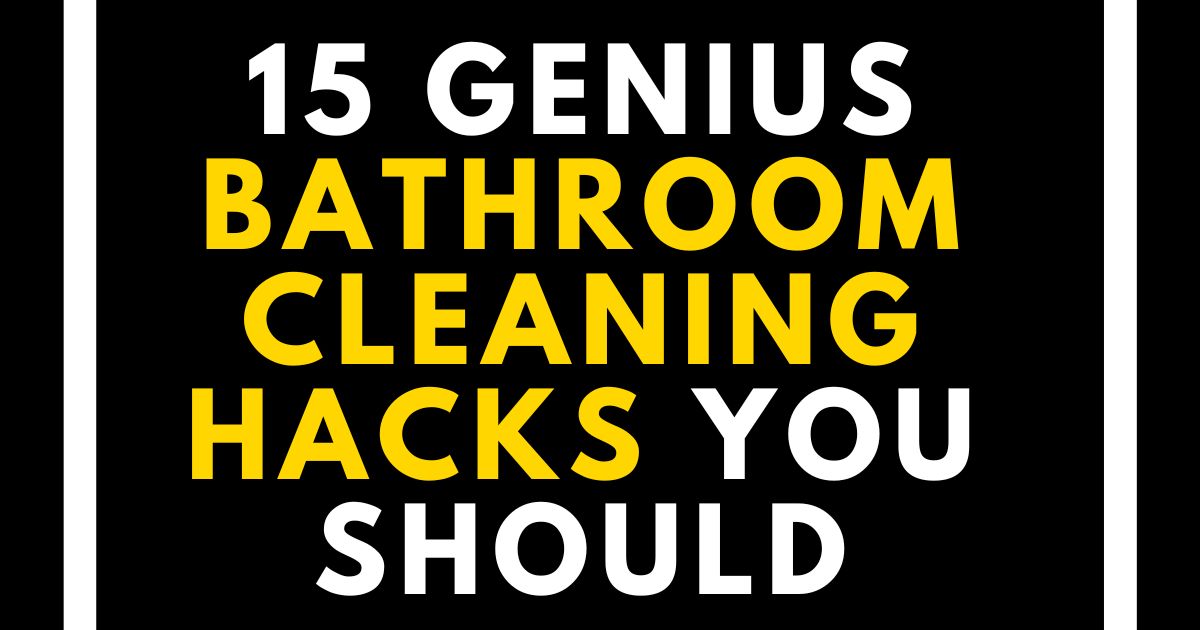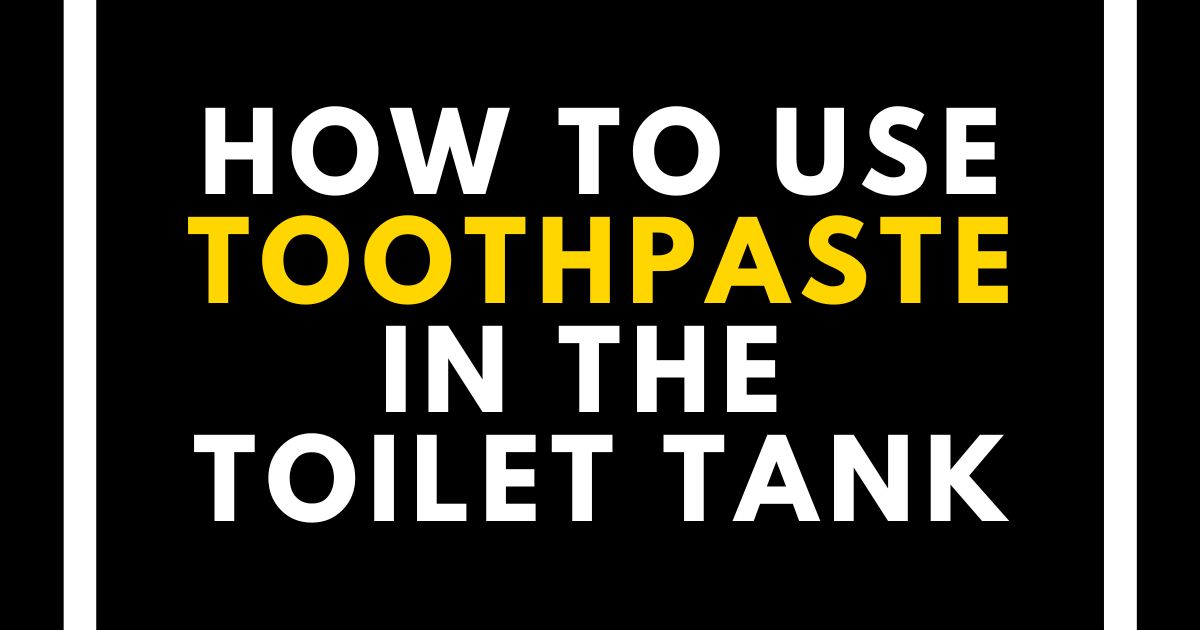Having ducks in your backyard can be an enjoyable experience, but dealing with their droppings can prove to be quite a hassle. Duck poop is known for being larger in size and sticky, making it difficult to remove. If you’re wondering how to clean duck poop from grass effectively, look no further.
We will guide you through the steps needed to maintain a clean and poop-free lawn in this post.
Is Duck Poop Easy to Clean?
Duck poop, like any other animal waste, can vary in terms of ease of cleaning depending on factors such as the surface it’s on and how long it has been sitting there. Duck poop can be relatively easy to clean if it’s fresh and hasn’t dried or hardened onto a surface. But when left to dry, it might become more difficult to remove.
Also, the texture and consistency of duck poop can vary based on their diet, so this can impact how easy it is to clean. Regular maintenance and prompt cleaning can make the process easier.

How to Clean Duck Poop from Grass
Step 1: Gear Up
Before you start cleaning, it’s important to equip yourself with the right tools and protective gear. Here’s what you’ll need:
- Rubber gloves: Protect your hands from any direct contact with the duck poop.
- Plastic scoop or scraper: Use this to remove the solid waste from the grass.
- Garden hose with a nozzle: You’ll need to spray down the affected area with water.
- Broom or brush: An essential tool for loosening any residue left on the grass.
- Spray bottle with vinegar solution: Vinegar acts as a natural disinfectant and odor eliminator.
Step 2: Remove the Solid Waste
Begin by putting on your rubber gloves. Carefully pick up the solid waste using a plastic scoop or scraper. Make sure to discard it in a waste bag or a dedicated compost bin.
Avoid using any household cleaning tools or brooms for this step, as they may cause the poop to spread or become embedded in the grass.
Step 3: Spray with Water
Once the solid waste has been removed, use a garden hose with a nozzle attachment to spray water over the affected area.
This will help dilute the remaining residue and wash away any traces of the poop. Adjust the water pressure accordingly to prevent damaging the grass.
Step 4: Brush and Scrub
Next, grab a broom or brush and gently scrub the grass in the affected area. Use circular motions to dislodge any leftover residue clinging to the blades of grass.
This step is especially important in removing any dried or stuck-on poop.
Step 5: Apply Vinegar Solution
Fill a spray bottle with a mixture of equal parts water and vinegar. Spray the affected area generously with the vinegar solution.
Vinegar acts as a natural disinfectant, helping to kill any bacteria present in the duck poop and eliminating odors. Allow the mixture to sit on the grass for a few minutes before rinsing it off with water.
Step 6: Rinse and Repeat (if necessary)
Finally, give the affected area one last rinse with the garden hose to remove any remaining vinegar solution or residue. If there are still signs of poop or a lingering odor, repeat steps 4 and 5 until the grass is clean and odor-free.
Prevention Tips
While cleaning up duck poop is necessary, it’s also important to take preventive measures to minimize the mess in the first place. Here are a few tips to help you with that:
- Set up specific areas for ducks to relieve themselves, such as a designated gravel or mulch area.
- Limit the ducks’ access to the grassed areas of your yard to reduce the chances of feces being scattered all over.
- Consider using deterrents like fake predators or sprinklers with motion sensors to discourage ducks from frequenting your lawn.
Cleaning Duck Poop FAQs
Is Bird Poop Easy to Clean?
Similar to duck poop, bird poop can vary in ease of cleaning. Fresh bird droppings are generally easier to clean compared to dried or aged ones. The ease of cleaning also depends on the surface, as some materials might be more porous and allow the poop to seep in, making it harder to clean completely.
If bird droppings are not cleaned promptly, they can corrode or stain certain surfaces due to their acidic content.
How Do You Remove Duck Poop from Concrete?
To remove duck poop from concrete, follow these steps:
- Wear protective gear: Use gloves and possibly a mask to protect yourself from potential pathogens.
- Gently scrape: If the poop is fresh, use a plastic scraper or a putty knife to gently lift off as much as possible. Avoid using metal tools that could scratch the concrete.
- Pre-soak: Wet the area with water to help soften and loosen the dried poop.
- Cleaning solution: Create a cleaning solution using mild soap or dish detergent mixed with water. Apply this solution to the area and let it sit for a few minutes.
- Scrub: Gently scrub the area with a scrub brush or a stiff nylon brush to help break down and remove the poop.
- Rinse: Thoroughly rinse the area with clean water to remove any soap residue.
- Disinfect (optional): If desired, you can disinfect the area using a mild bleach solution, but make sure to rinse thoroughly afterward.
- Dry: Allow the area to air dry or use a clean cloth or paper towels to pat it dry.
Why Is Duck Poop Watery?
Duck poop can be watery due to several factors:
- Diet: Ducks primarily eat a diet of aquatic plants, insects, and small invertebrates. Their diet can impact the consistency of their poop. If they consume a lot of water-rich foods, their poop can be more watery.
- Hydration: Ducks need water to digest their food properly. If they’re well-hydrated, their digestive system can produce more liquid waste.
- Temperature: Hot weather can lead to increased water intake, which can contribute to watery droppings.
Worthy Reading
- How to Stop Geese from Pooping in Yards (9 Effective Ways)
- Is Goose Poop Good Fertilizer? Read This First
- How to Scare Ducks Away from Your Pond (9 Best Methods)
- How to Get Rid of Dog Urine Smell in Yard


1 comment